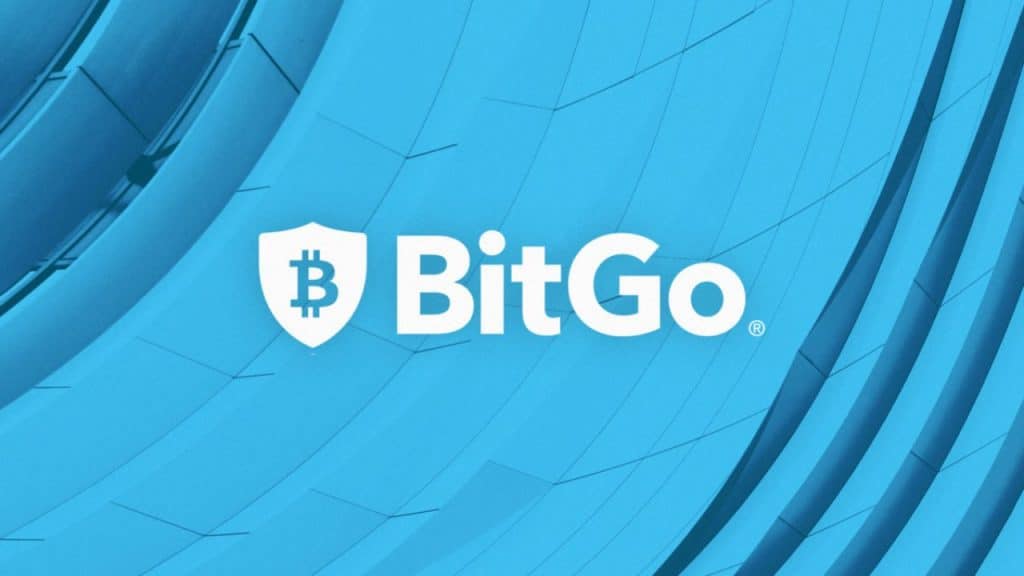BitGo Pays Fine for Sanctions Violations
BitGo, a cryptocurrency wallet and custody provider, has agreed to pay a $98,830 fine to the U.S. Treasury’s Office of Foreign Assets Control (OFAC) for facilitating transactions involving users in sanctioned territories. The violations occurred between 2015 and 2019, during which BitGo failed to prevent individuals from countries under U.S. sanctions from accessing its services.
Details of the Violations
According to the OFAC, BitGo allowed users from sanctioned regions, including Ukraine (Crimea), Sudan, Cuba, Iran, and Syria, to access its non-custodial digital wallet services.
Key Findings:
- 183 Violations Identified: Transactions totaling $9,127 were linked to users in sanctioned territories.
- Deficient Screening Process: BitGo did not adequately screen user IP addresses or other critical data for sanctions compliance.
- Failure to Report: BitGo did not voluntarily disclose these violations to OFAC.
BitGo’s Response and Corrective Measures
While BitGo consented to the settlement, the company has taken steps to address the deficiencies:
- Enhanced Sanctions Screening:
- BitGo has improved its internal controls to prevent users from sanctioned areas from accessing its services.
- Cooperation with OFAC:
- The company worked with the U.S. Treasury to resolve the matter, which contributed to a reduced penalty.
Was the Penalty Lenient?
The $98,830 fine is relatively modest compared to the potential penalties under OFAC guidelines, which could have exceeded $50 million.
Reasons for Reduced Penalty:
- BitGo’s Small Size:
- OFAC considered BitGo’s status as a smaller company with limited resources.
- Corrective Actions Taken:
- BitGo implemented compliance measures after discovering the violations.
- Civil Penalty Range:
- If escalated to court, the fine could have ranged from $183,000 to $53 million, but the settlement avoided litigation.
A Warning for the Crypto Industry
The settlement underscores the importance of compliance with U.S. sanctions laws for cryptocurrency businesses.
OFAC’s Message to Digital Asset Firms:
- Companies must adopt a risk-based approach to sanctions compliance.
- Internal controls should be robust enough to prevent and detect violations.
- Compliance is not optional, even for smaller firms.
BitGo’s Position in the Crypto Industry
Founded in 2013, BitGo is a prominent player in the cryptocurrency space, offering:
- Multi-signature wallets: Advanced security solutions for digital assets.
- Qualified Custodial Services: A focus on institutional investors.
- Liquidity Services: Via BitGo Prime, an institutional-focused trading platform.
In late 2020, BitGo announced that it had $16 billion in digital assets under custody (AUC), reflecting growing institutional interest in cryptocurrencies.
Conclusion
The U.S. Treasury’s settlement with BitGo sends a clear signal to the cryptocurrency industry: compliance with sanctions laws is critical, and violations will not be overlooked. While BitGo’s penalty was reduced due to its size and corrective actions, the case highlights the risks of insufficient compliance measures.
For crypto businesses, the takeaway is clear: robust systems and proactive compliance are essential to mitigate regulatory risks in an increasingly scrutinized industry.
To learn more about the innovative startups shaping the future of the crypto industry, explore our article on latest news, where we delve into the most promising ventures and their potential to disrupt traditional industries.
Disclaimer: The information provided is not trading advice, Bitcoinworld.co.in holds no liability for any investments made based on the information provided on this page. We strongly recommend independent research and/or consultation with a qualified professional before making any investment decisions.




